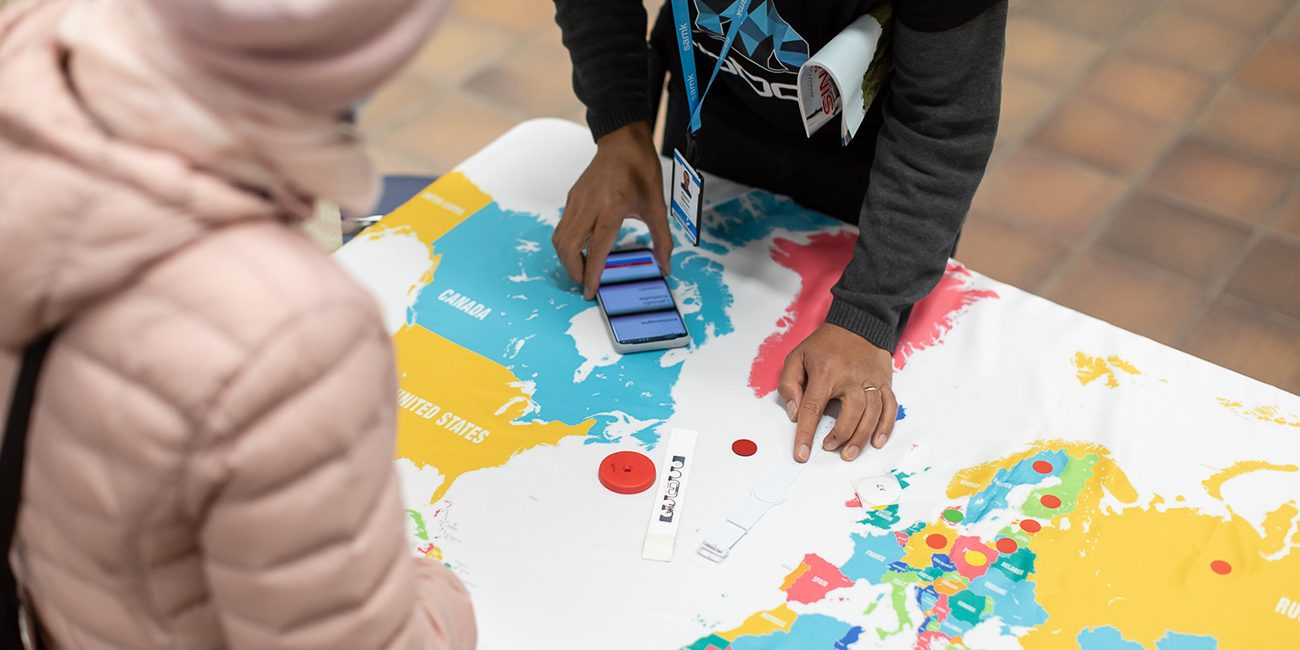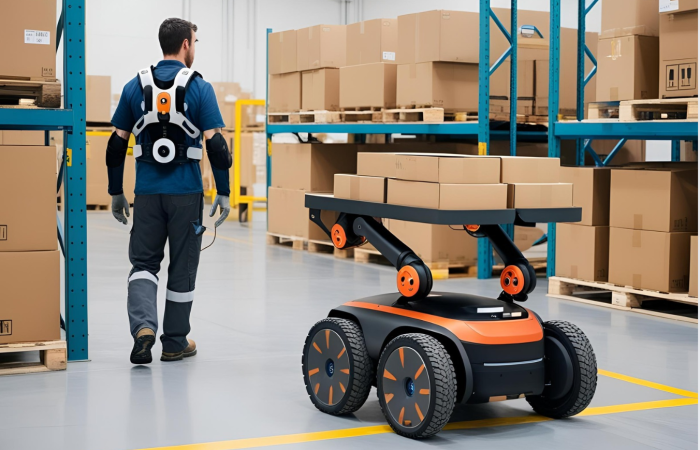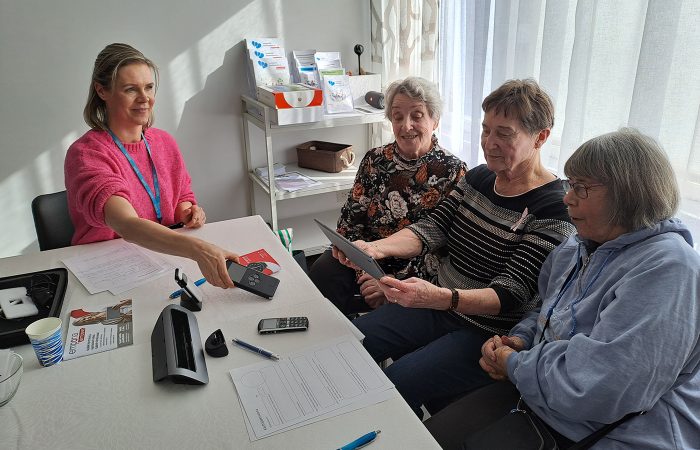We Research: Promoting inclusion through networking and smart technology
Opportunities for self-expression, communication and inclusion are important in all aspects of life. They are also critical for social relationships, quality of life, and opportunities for education and employment. Supporting inclusion and accessible communication is an emerging area where a large skills gap has been identified. Much more research, training, co-development and collaboration is needed to make everyday services accessible to all.

In a project funded by the Ministry of Education and Culture, Satakunta University of Applied Sciences, together with researchers from the Universities of Turku and Tampere and Oulu University of Applied Sciences, implemented the TEKOS project, in which a multi-professional network explored the potential of smart clothing and smart furniture technologies to promote inclusion and a more equal society. The project increased opportunities for inclusion through, for example, accessible, speech-enabled and augmentative and alternative communication methods. These are based on smart furniture and furniture technology and can be used in a variety of settings.
The project involved nationwide cooperation with different actors and experts in the field. During the project, a virtual platform was created for the network to use, supporting multi-professional cooperation and knowledge sharing. A series of workshops on smart furniture technology development and multi-professional collaboration were organised to identify potential application concepts and areas for development through joint learning and sharing of knowledge and expertise. Articles were published on the workshops, new prototypes and areas for development, and widely distributed through different channels.

The networking and co-development approach implemented during the project has been established as a long-term model for cooperation between higher education institutions and other stakeholders. The project has led to a better understanding of the training needs in the field of inclusion and to a better targeting of resources to meet the needs of the sector and to develop in line with demand. The prototypes created by the project, such as smart devices that can be attached to clothing or technology that can be embedded in furniture, for example, to allow for nurse call, require further development.
Did you know?
- Promoting inclusion is part of government and EU objectives.
- Technology has an important role to play in supporting inclusion.
- Promoting inclusion has been identified as a key means to fight poverty, reduce inequalities and prevent exclusion.


